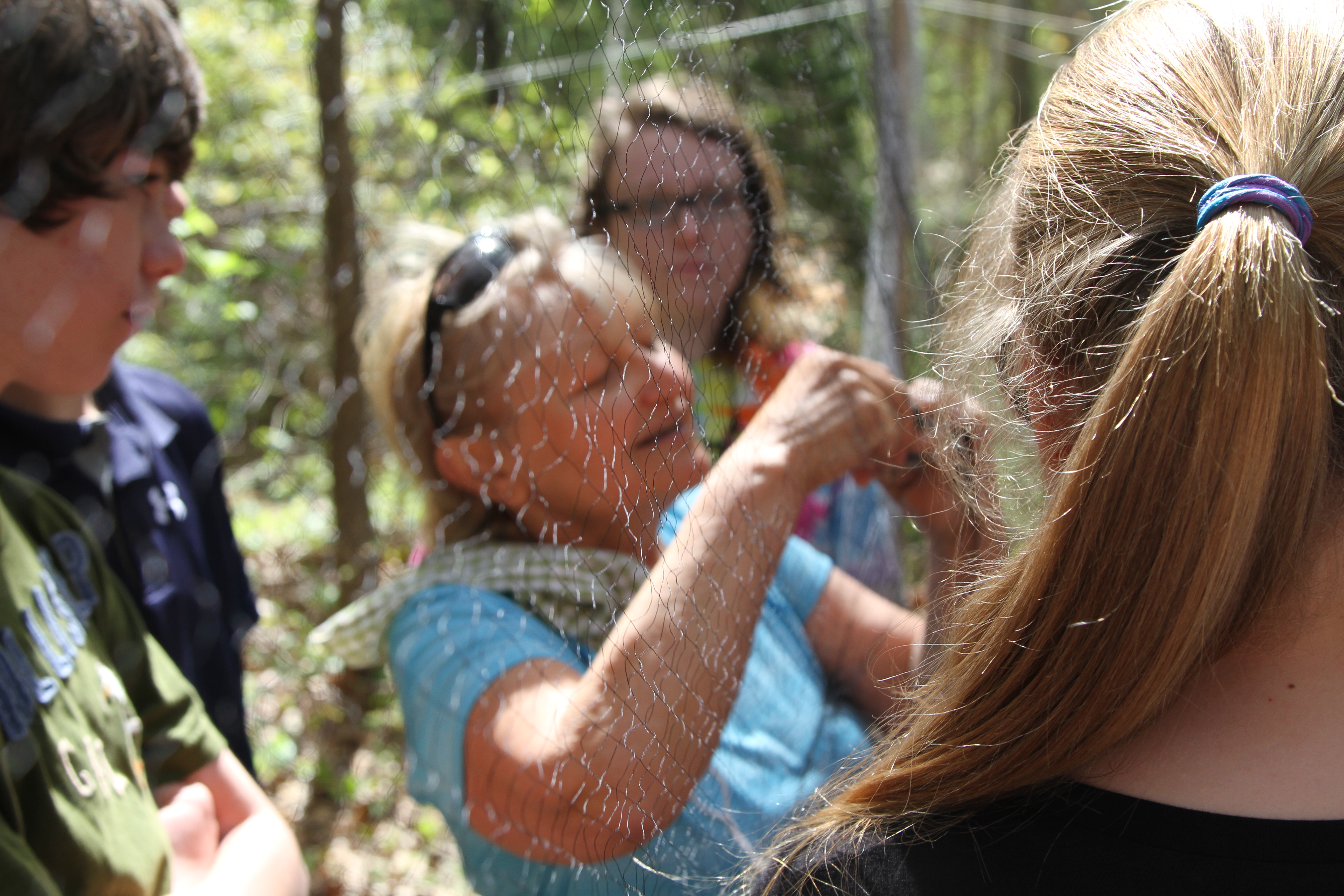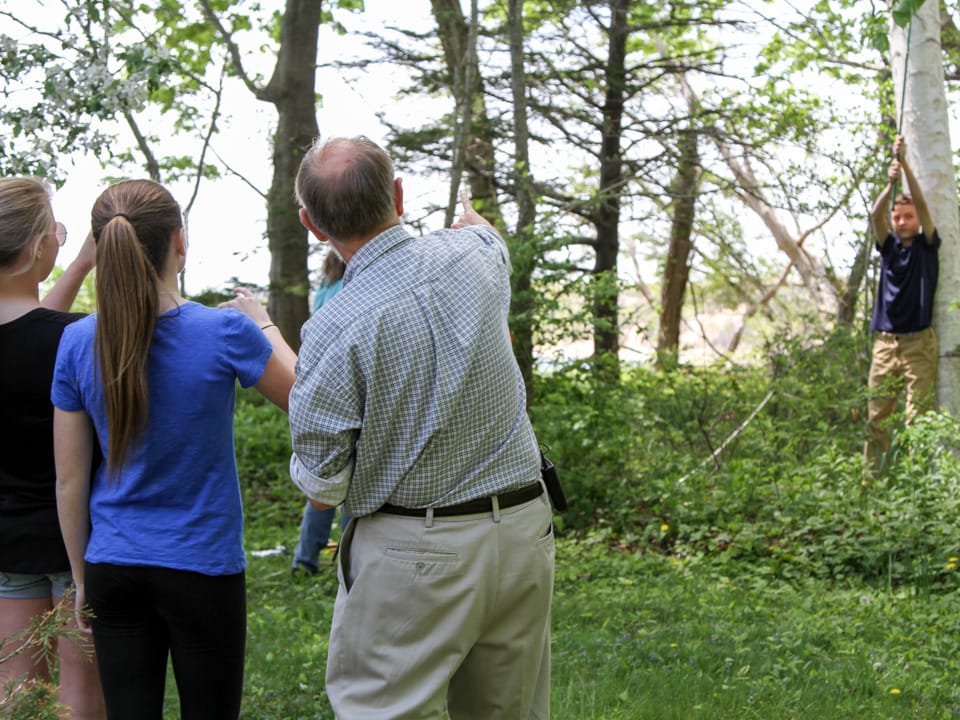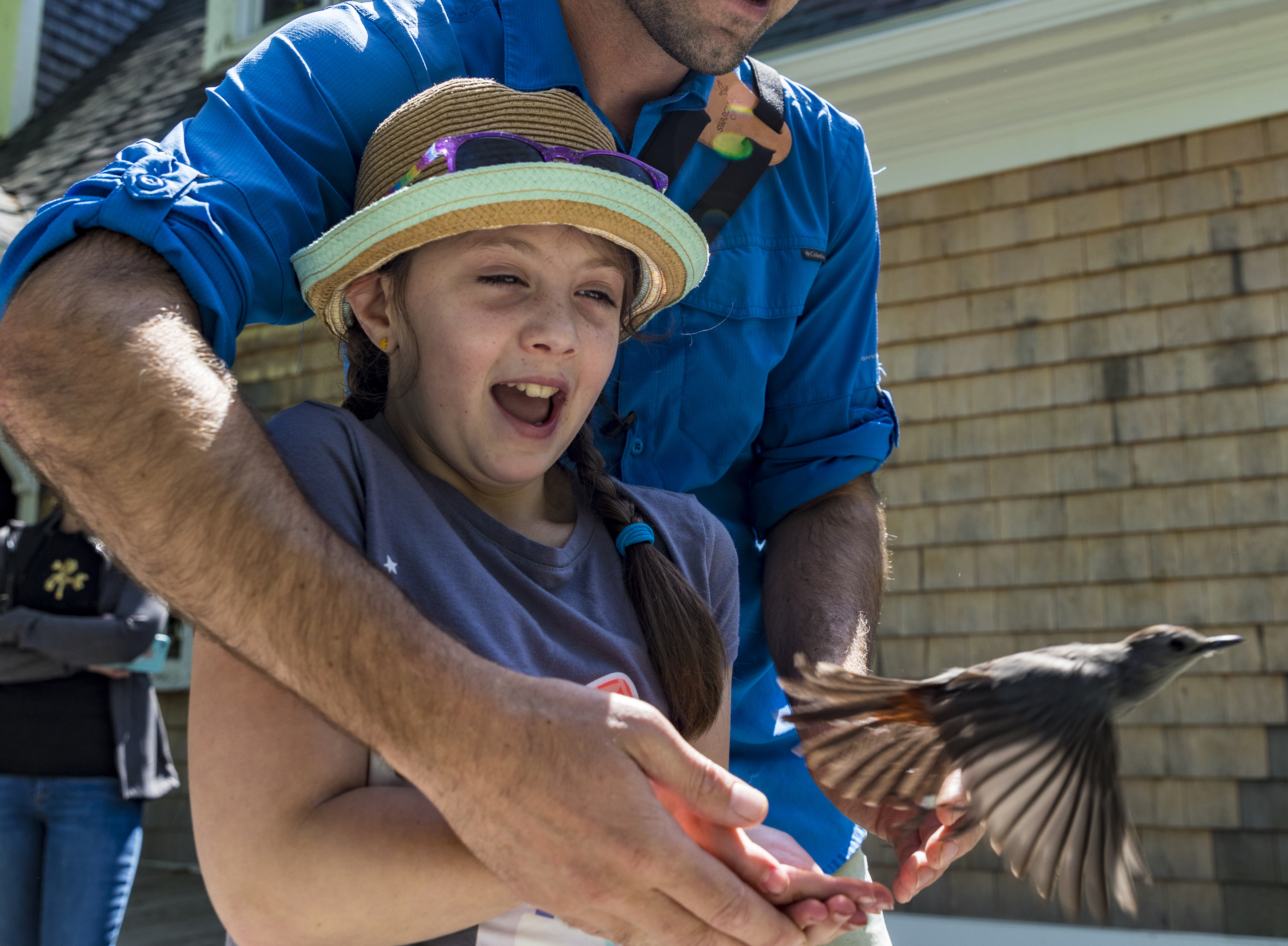More than 120 heads of state are scheduled to attend the UN climate summit next week in New York City, but policy makers still struggle to connect the general public with the urgency of climate change impacts.
To address this limitation, The National Science Foundation awarded the Manomet Center and TERC a $450,000 grant to design and implement Climate Lab, a groundbreaking climate science education program for middle school students.
TERC is an independent research organization that has been working to improve science and math teaching and learning through curriculum development and research for the past 40 years.
Climate Lab gives middle school educators a novel approach to climate change science by getting students to collect data and analyze biological changes in their local communities. Manomet scientists teach middle school educators how to monitor various climate change indicators, such as the timing of leaf-out. Those educators then bring the monitoring methods back to their own schools and establish on-campus research centers where their students measure and analyze local changes in spring vegetation.
“We wanted to come up with a program that would allow more students to get outside and learn about natural sciences,” said Trevor Lloyd-Evans, director of Manomet’s Landbird Banding program. “For the past 45 years, Manomet has provided students with the unique experience of learning about our research while interacting with the birds we study and their habitats. We hope that Climate Lab will eventually bring this hands-on experience to middle school classrooms around the country and connect them to larger scientific studies on climate change.”
Brian Drayton, the lead ecologist for the TERC Climate Lab team, said, “This project is at the intersection of science and education, which is where TERC likes to work best. We’ll be able to design and test a model for collaboration between the classroom and field researchers. We are excited about the potential of this project and its novel plan to develop it collaboratively with teachers.”
 In its initial pilot study leading up to the grant, Climate Lab trained 13 teachers, reaching over 500 students across six schools.
In its initial pilot study leading up to the grant, Climate Lab trained 13 teachers, reaching over 500 students across six schools.
“For the past two years, Manomet and TERC have been working out techniques, analyzing preliminary data, holding teacher training workshops, and developing curriculum materials,” said Lloyd-Evans. “TERC’s expertise in curriculum development has allowed our vision to take shape and complement the emphasis on interdisciplinary teaching.”
Over the next three years, the NSF grant will give the program the support it needs to develop a regional and national model that includes integrated curriculum, web support, and professional development for teachers.





 Back to all
Back to all

